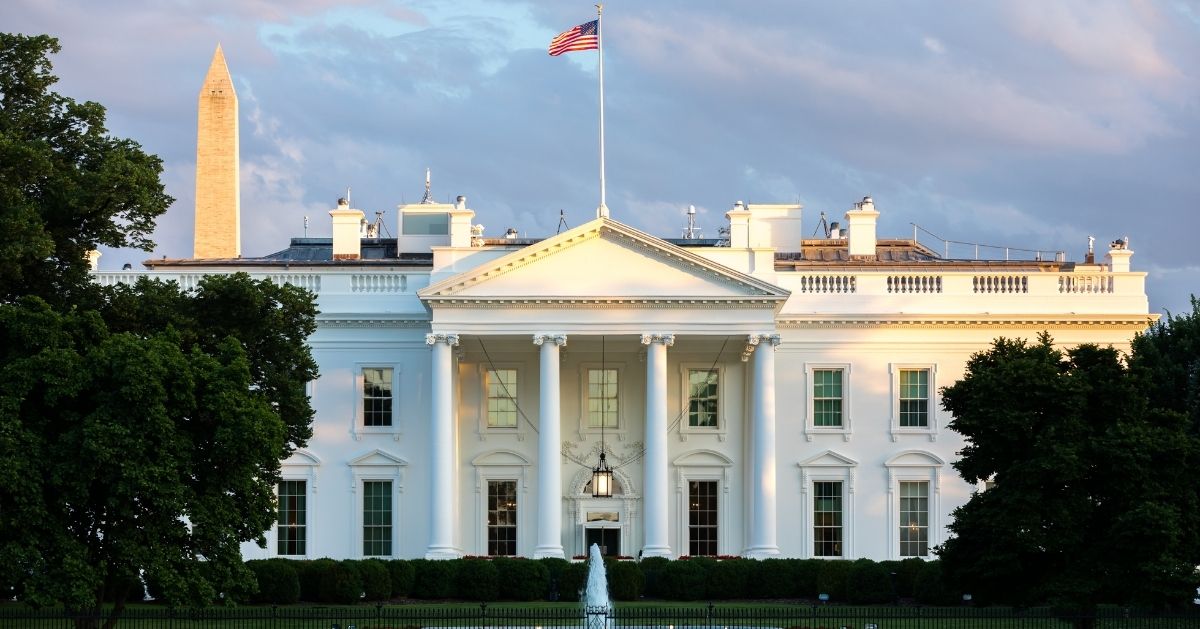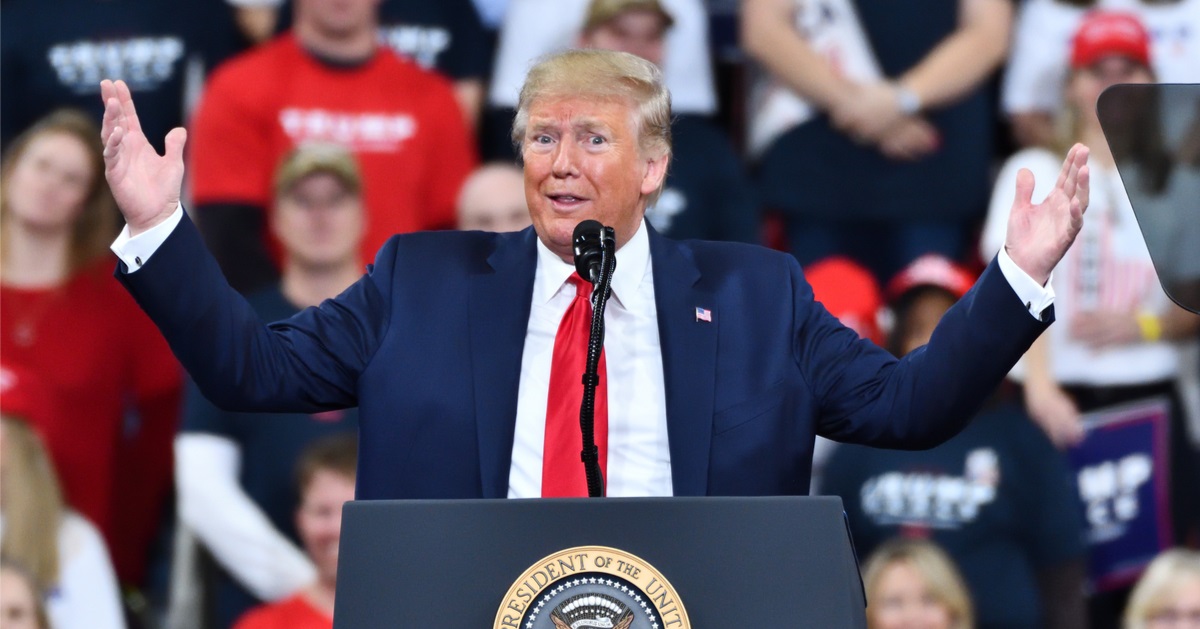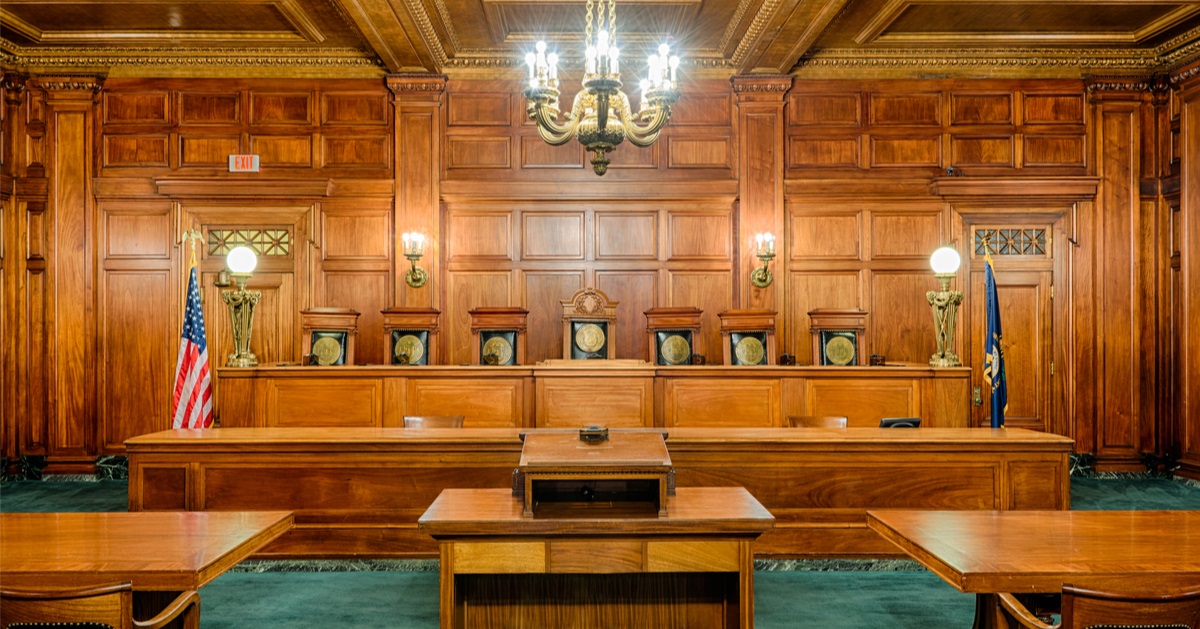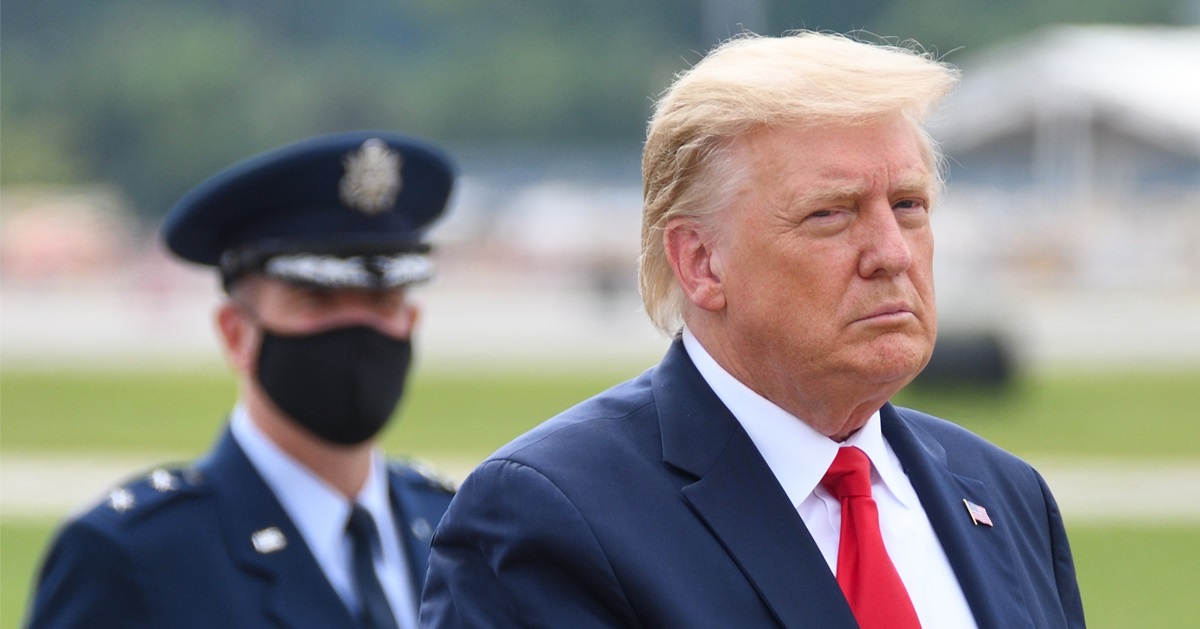DOJ drops nearly half of Jan. 6 obstruction charges as result of SCOTUS ruling
The fallout from the Jan. 6, 2021, unrest at the U.S. Capitol continues to make its way through the courts, with the Biden Justice Department having made considerable adjustments in its attempts to prosecute some of those involved.
As the Washington Examiner reports, as the result of a recent U.S. Supreme Court decision, the DOJ has dropped roughly half of the obstruction charges initially leveled against a host of Jan. 6 defendants, a development that has the potential to impact an expected trial of former President Donald Trump.
Fischer ruling changes Jan. 6 legal landscape
The pivotal decision at issue was handed down by the high court in June, and it has since altered the trajectory of many individuals criminally charged for their involvement in the Jan. 6 demonstrations.
As Fox News noted at the time, it was by a margin of 6-3 that the Supreme Court found in favor of a Jan. 6 defendant, Joseph Fischer, who appealed his conviction on a federal obstruction count.
At the heart of the dispute was a federal statute that imposed criminal liability on an individual who “alters, destroys, mutilates, or conceals a record, document, or other object, or attempts to do so, with the intent to impair the object's integrity or availability for use in an official proceeding.”
Fischer's lawyers contended that the statute should not apply in his case and that it was interpreted by a lower court far too broadly in that it had historically been used in cases of evidence tampering.
The majority of the high court agreed, with Chief Justice John Roberts writing, “Although the Government's all-encompassing interpretation may be literally permissible, it defies the most plausible understanding” of why some parts of the statute were put together and opining that it simply was inapplicable to conduct of which Fischer stood accused.
Substantial numbers of charges dropped
As the Examiner explains, since the Fischer decision was issued, roughly 60 out of 126 Jan. 6 defendants have had pending obstruction charges dropped.
That development greatly reduces the chances that those individuals will face lengthy sentences that could have spanned decades.
For the 133 defendants whose cases were already adjudicated ahead of the ruling, the Justice Department has said that it “does not opposed dismissal or vacatur of the charge” in around 40 such cases, with a review of the remaining matters now underway.
It is worth noting that obstruction charges are still being pursued for 13 Jan. 6 defendants, and the DOJ is strategizing on how best to continue those prosecutions, given that the SCOTUS ruling means that government lawyers must demonstrate that a defendant interfered with “the availability or integrity” of materials used in the applicable official proceeding in order to establish a statutory violation.
Potential implications for Trump
Special counsel Jack Smith's federal election interference case against Trump has been delayed by a series of appeals and a subsequent Supreme Court ruling on presidential immunity, but as the Associated Press recently reported, the government has decided to retain the obstruction charges contained in the original indictment of the former president.
Though the Fischer decision had clear -- and positive -- implications for a number of Jan. 6 defendants also charged with obstruction, Smith appears to be under the impression that despite the high court's ruling that the relevant statute had been applied too broadly in their cases, the allegations will survive scrutiny when it comes to Trump.
Though proceedings have resumed in Smith's case against Trump, it does not appear likely that a trial will take place anywhere close to the November election, and whether it will even reach a jury at some point in the future, only time will tell.






